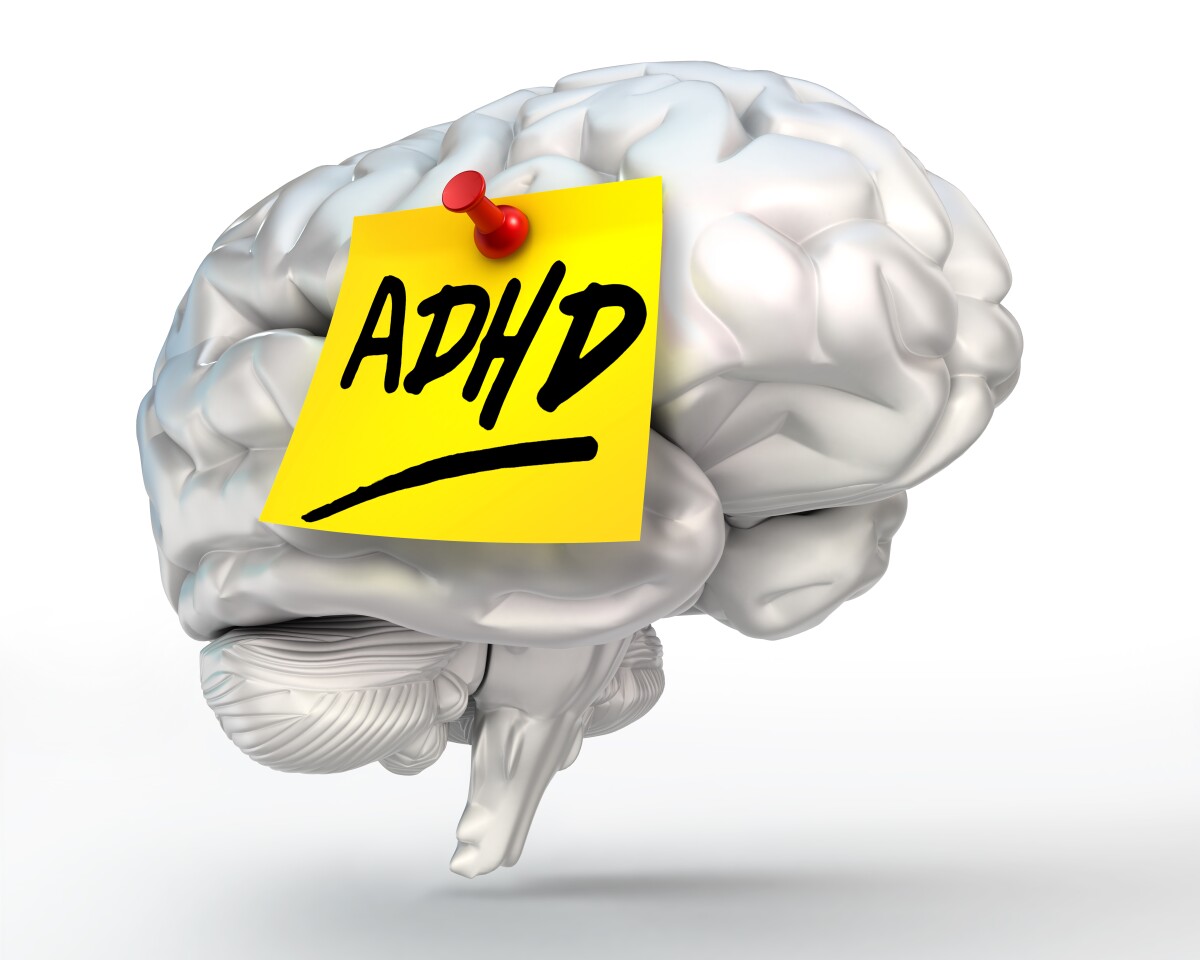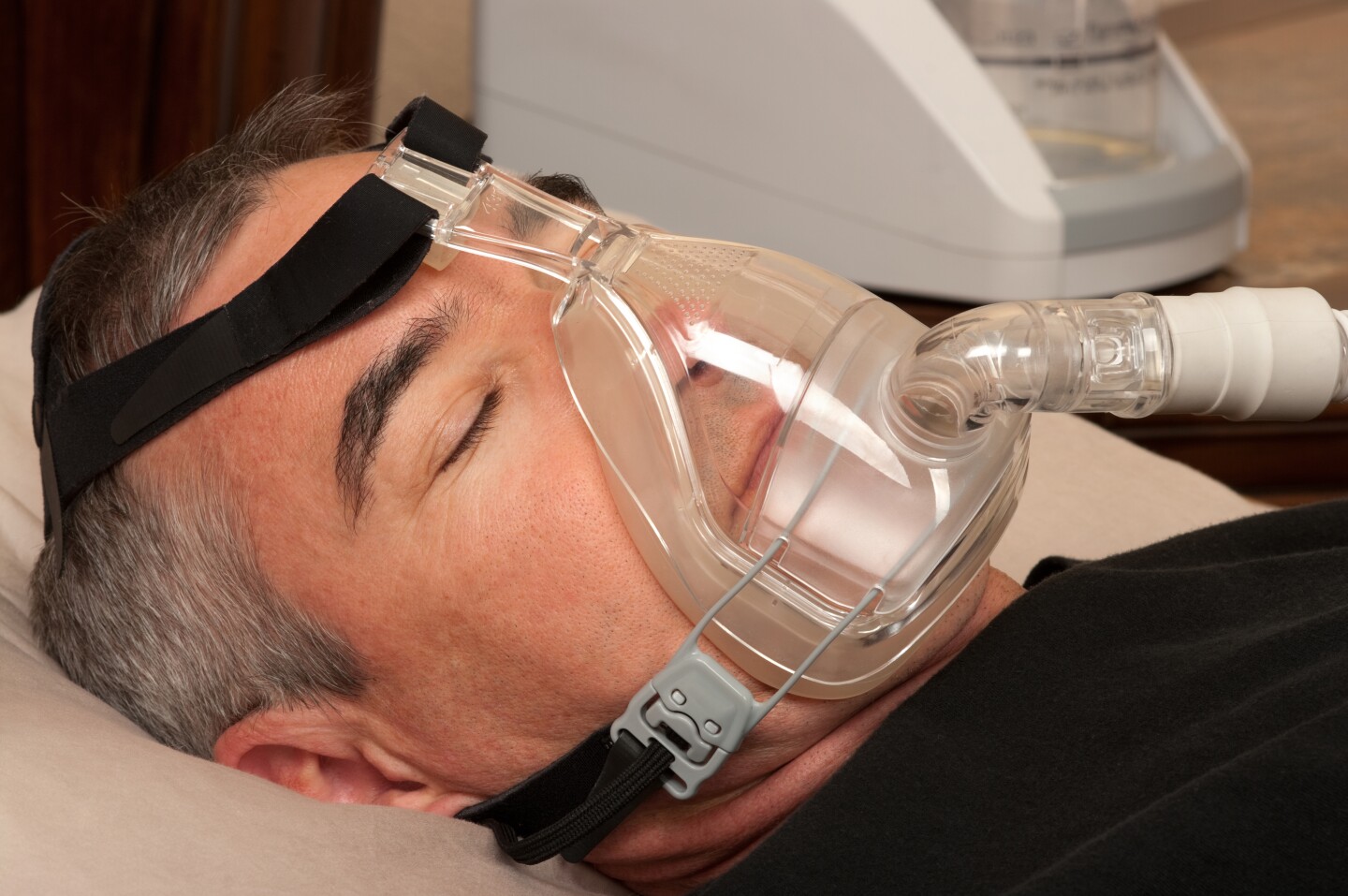Another controversial FDA approval for a new Alzheimer’s medication

The U.S. Food and Drug Administration (FDA) has approved a new drug for patients in the early-stages of Alzheimer’s disease. Called Leqembi (lecanemab) the treatment was heralded last year as a major breakthrough in Alzheimer’s therapy following early Phase 3 data indicating it could slow the progression of cognitive decline. But growing concerns over the drug’s safety and real-world efficacy have led to acrimonious division amongst researchers, with some suggesting the drug should not be authorized for wide use.
Tags: Alzheimer’s Disease, FDA, Dementia, Drugs, antibodies
Continue reading Another controversial FDA approval for a new Alzheimer’s medication








